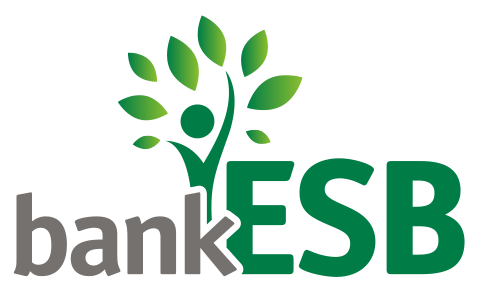Beware of Fraud This Tax Season!
Tax season is in full swing. For many, it’s time to get a little extra money back as a refund. Unfortunately, it’s also a time that scammers look to steal money and the identities of unsuspecting victims. At bankESB, we want to help protect you. Here’s some info on the latest tax scams and how to protect yourself.
Common tax scams for 2024
- IRS impersonation phone scam: In this type of scam, you may receive a call from someone pretending to be an Internal Revenue Service (IRS) agent. They may tell you that you owe money in back taxes and threaten you with legal action, arrest, or deportation (if you are an immigrant) unless you pay up immediately. It’s not uncommon for them to have your personal information, such as your Social Security number, or to use spoofing technology to make “Internal Revenue Service” appear on your Caller ID.
What to do: Hang up on the caller! Never provide personal or account information over the phone. If you’re worried about your taxes, speak with your trusted tax professional or contact the IRS directly.
- Unclaimed refund scam: Another common type of scam involves a delivery person showing up at your home with a large cardboard envelope. Inside is a letter that appears to be from the IRS, informing you that you are due a tax refund. To claim it, the letter says you must send an email containing your bank account information, Social Security number, or a photo of your driver’s license.
What to do: Do not provide any of your personal information and report the incident to the IRS. If you’re concerned about your tax refund, use the Where’s My Refund? tool from the IRS.
- Phishing emails: Scammers may send you an email that appears to be from the IRS or your tax preparer. The email may include attachments or links to fake websites that allow fraudsters to download malware and access your computer or that asks for you to give up personal information.
What to do: Never click on a link in an email unless you have verified the authenticity of the sender. Visit the IRS website to learn how to report phishing and other scams.
- “Tax Preparer” scams: Scammers pose as tax preparers, offering to do your taxes inexpensively or to get you a large refund. If you engage with them, they may ask you to provide personal or account information to defraud you.
What to do: Always verify the qualifications and reputation of a tax preparer. Ask them to provide their Preparer Tax Identification Number (PTIN).
- Child Social Security number scams: Scammers will go to any low to take advantage of an unsuspecting victim, including stealing the identity of young children. They may, for example, use a minor child’s Social Security number to file a false tax return, which allows them to set up a fake identity that they can then use to open credit and other accounts.
What to do: Contact each of the three credit bureaus (Equifax, Experian, TransUnion) to see if a credit report is available for your child. If the credit report contains fraudulent activity, inform the credit bureau immediately!
Identifying tax scams
Scammers use many different techniques, but knowing this about the IRS can help you identify a potential scam:
- The IRS will never call, text, or reach out to you on social media.
- They will never ask you to provide a credit or debit card number over the phone.
- They do not accept gift cards, prepaid debit cards, Venmo, or Zelle as forms of payment.
- They will NEVER threaten you with arrest or deportation if you don’t pay immediately.
Learn more about tax scams for consumers on the IRS website.


